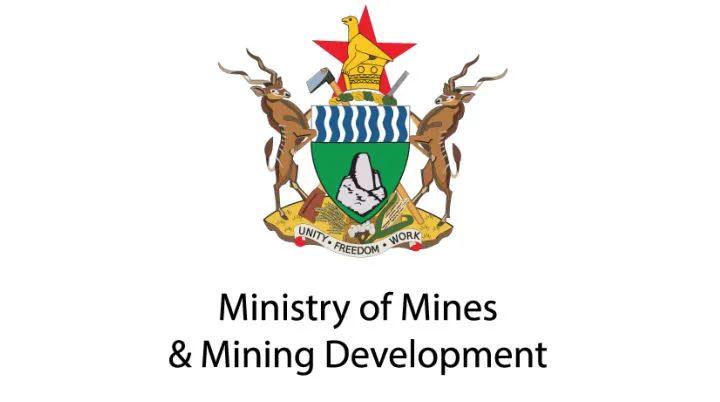The Responsible Mining Audit (RMA) has unveiled significant compliance issues within the country’s small-scale mining operations, with violations ranging from unsafe working conditions to environmental mismanagement, raising concerns about the need for stricter enforcement and better support for miners, Mining Zimbabwe can report.
By Rudairo Mapuranga
Presenting during a strategic dialogue on mineral governance in Kadoma yesterday, Mr Charles Bvukuta, an official from the Ministry of Mines and Mining Development, shared that while large-scale mines are largely compliant, the small-scale mining sector faces persistent challenges in regulatory adherence.
The event, organized by the Zimbabwe Environmental Law Association (ZELA) and ActionAid Zimbabwe, drew key stakeholders, including the Parliamentary Portfolio Committee on Mines and Mining Development, the Ministry of Energy, the Environmental Management Agency, and several CSOs to discuss sustainable mining practices and regulatory compliance.
Presenting findings from the RMA, which took place between July and September 2024, Bvukuta stressed the need for improved oversight and stricter adherence to Zimbabwe’s mining laws.
“The audit covered 728 mining sites across all eight provinces, a marked increase from the 422 sites inspected in 2023. Despite progress, we have found that small-scale mining operations continue to face serious compliance challenges,” he said.
The audit, initiated by President Mnangagwa in May 2023, was designed to ensure mining activities across the country are in line with environmental, tax, labor, and safety regulations. While large-scale mining companies have largely established structures that promote adherence, the findings revealed that small-scale operations are frequently falling short in several areas.
Key issues included failure to comply with explosives regulations, operating without mine managers, and inadequate provision of personal protective equipment (PPE) to workers. Many mines also neglected to protect hazardous areas such as abandoned shafts and cyanidation tanks, posing significant safety risks.
“Safety is non-negotiable,” Bvukuta emphasized, adding that 161 mines were suspended for various violations, while fines totalling US$480,585 were issued to operators found in breach of safety standards.
According to Bvukuta, some mines were fined for not having explosives permits, while others had their operations halted for failing to appoint qualified mine managers.
He said the Environmental Management Agency (EMA) played a crucial role in the audit, identifying violations such as operating without Environmental Impact Assessment (EIA) certificates and improperly storing hazardous substances. Mines were fined US$205,955 for environmental violations, highlighting the urgent need for improved environmental governance.
Tax compliance was another area of concern, with many small-scale mines failing to register with the Zimbabwe Revenue Authority (ZIMRA) or remit taxes. Bvukuta disclosed that 93 cases had been referred to ZIMRA’s regional offices for further audit and follow-up.
He said the audit also revealed widespread violations of Zimbabwe’s labour laws, with many small-scale mines failing to meet basic standards for worker rights. These included failure to provide payslips, denying workers their statutory leave days, and underpaying employees.
“The disregard for fair labour standards is a significant issue that must be addressed to safeguard the welfare of workers in the mining sector,” Bvukuta noted.
Energy violations were also highlighted, with numerous mines operating illegal power connections or using generators without the required licenses.
He said the Ministry of Energy and Power Development is working with the Zimbabwe Energy Supply Authority (ZESA) and the Zimbabwe Energy Regulatory Authority (ZERA) to address these issues.
Despite these challenges, Bvukuta concluded on a positive note, acknowledging the efforts of large-scale mining companies to maintain compliance.
“Large-scale mines have well-established safety, health, and environmental structures, but we need to see similar efforts in the small-scale sector to ensure responsible mining across the board,” he said.
The Responsible Mining Audit was conducted by a multi-sectoral team comprising members from 12 government ministries and agencies, including the Environmental Management Agency, the Zimbabwe Revenue Authority, and the Department of Labour. The audit represents the government’s ongoing efforts to ensure mining contributes to sustainable development while protecting both workers and the environment.
.png)




